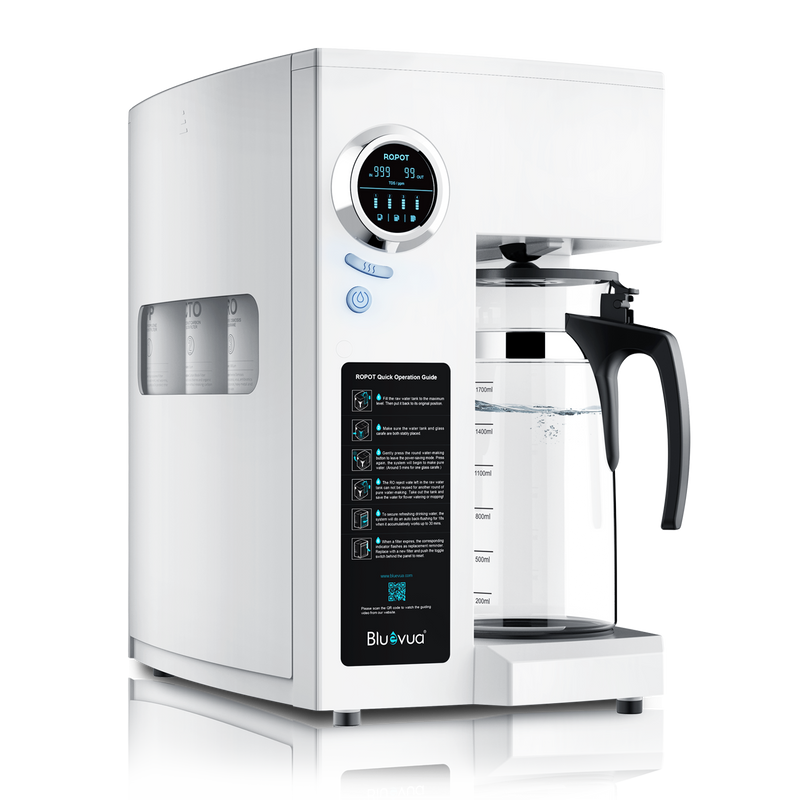In today's world, the importance of clean and safe water cannot be overstated. Industries ranging from food and beverage to pharmaceuticals rely heavily on high-quality water for their operations. One effective solution that has gained popularity is the reverse osmosis water filter. But what exactly is it, and why should every industry consider investing in this technology?

Understanding Reverse Osmosis Water Filters
A reverse osmosis water filter is a water purification technology that removes contaminants from water by using a semi-permeable membrane. This process effectively eliminates impurities such as salts, bacteria, and other harmful substances. The result is purified water that meets stringent quality standards.
Key Benefits of Reverse Osmosis Water Filters
- Enhanced Water Quality: Reverse osmosis systems provide superior filtration, ensuring that the water used in industrial processes is free from harmful contaminants.
- Cost-Effective: Although the initial investment may seem high, the long-term savings on water treatment and maintenance make it a cost-effective solution.
- Versatility: These systems can be tailored to meet the specific needs of various industries, from manufacturing to healthcare.
- Environmental Impact: By reducing the need for bottled water and minimizing waste, reverse osmosis systems contribute to a more sustainable future.
Applications Across Industries
The versatility of the reverse osmosis water filter makes it suitable for a wide range of applications. For instance, in the food and beverage industry, it ensures that products are made with the highest quality water, enhancing taste and safety. In pharmaceuticals, the purity of water is critical for drug formulation and manufacturing processes.
"Investing in a reverse osmosis water filter is not just about compliance; it's about ensuring the integrity of our products." - Industry Expert
Choosing the Right Reverse Osmosis System
When selecting a reverse osmosis water filter, it is essential to consider factors such as capacity, maintenance requirements, and the specific contaminants that need to be removed. For example, the RO System 123 is designed for high-capacity needs, making it ideal for large-scale operations.
Conclusion: A Smart Investment for the Future
In conclusion, the adoption of a reverse osmosis water filter is a strategic move for any industry that values quality and safety. By ensuring access to clean water, businesses can enhance their operational efficiency and product quality. As industries continue to evolve, investing in advanced water purification technologies will be crucial for maintaining competitive advantage.
For more information on reverse osmosis systems, check out this informative video guide that explains the technology in detail.
References
